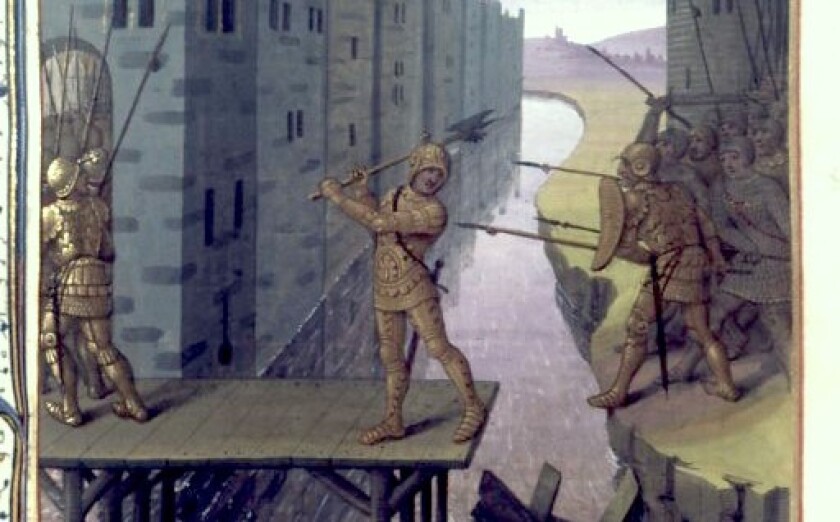“Then out spake brave Horatius,
The Captain of the Gate:
To every man upon this earth
Death cometh soon or late.
And how can man die better
Than facing fearful odds,
For the ashes of his fathers,
And the temples of his gods”
Horatius, celebrated here in the famous poem by Thomas Babington Macaulay, was a young officer in the Roman Republic army who defended the Pons Sublicius against the Etruscans in the late 6th century BC. By holding the narrow end of the bridge, he and his companions were able to hold off the Etruscan horde long enough for the bridge behind him to be destroyed, thus preventing the Etruscans from getting into the city.
Twenty-six centuries later, another Roman hero bravely steps forth, but this time he must struggle with disorderly Italian political armies who have already caused the collapse of one government, that of Giuseppe Conte
Unlike Horatius, who was a junior officer, Mario Draghi is a seasoned campaigner, credited with saving the euro during his time as president of the European Central Bank chief. Having managed to persuade frugal eurozone countries, notably Germany, that unorthodox measures were the only way to save the monetary union amid the sovereign debt crisis, his political skills are undoubted, as too of course are his economic ones.
But this is Italian politics and economics, which contain powerful and unstable forces that have felled countless clever and determined statesmen, both before the advent of the euro and after it, with alarming regularity. Italian politics is a cauldron, with constantly shifting alliances and many actors who are neither wise nor sincere, while some are not well-meaning at all.
Draghi might prove a genius at the job. He might. But only a genius could get this lot to be more constructive for long.
The big question, then, is whether he can hold off the enemy — warring and destructive political forces — for long enough to come up with a new plan for the economy and ensure that the €200bn of rescue funds from the European Union will be put to optimal use and help the country recover from the terrible effects of the coronavirus.
Bond markets, which have enthusiastically welcomed Italian president Sergio Mattarella’s move to invite the former ECB chief to form a government, must hope that Draghi’s efforts are crowned with success like those of Horatius. He stopped the Etruscans at the bridge, forcing them into a siege, which was lifted with a peace treaty, leaving Rome in one piece.
But Rome was never at peace for long. The Etruscan wars lasted another 250 years. Draghi may hold the breach for a while, but the change that can really put Italy back on the front foot must come from the warring parties themselves.







